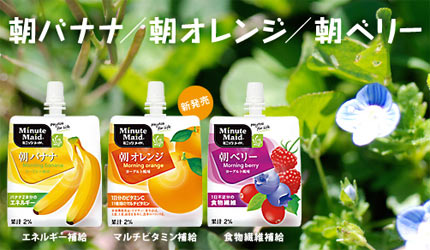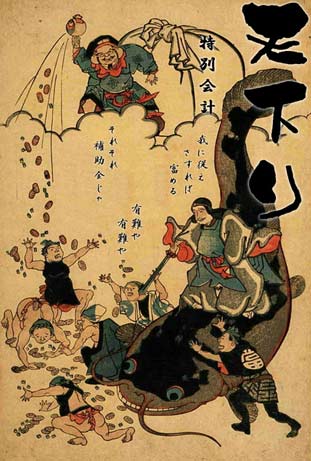I went with my son to a public bath the other day, always a fun way to relax and wash away the day’s cares. My son asked me to get him a “buckets,” using the plural form of the English word, and so I brought him two of the little buckets used for splashing water on yourself, knowing of course that he only wanted one. For phonetic reasons, some English words are imported into Japanese in their plural forms, including words like shirt, suit, swimsuit, peanut, fruit and sport, which always appear with the ‘s’ sound on the end (shirts, suits, etc.), even if you’re talking about just one of the item. In Japanese, one refers to a suitcase as a “suitscase,” and it takes the brain a few months to get over the weirdness of this — ditto for learning to ask for “peanuts butter” or “Minutes Maid Orange Juice,” and of course the English word “bucket,” which always appears as “buckets” in Japanese. There seem to be three reasons for some English words being mapped to their plural forms like this. First is the rather convenient lack of singular/plural in Japanese grammar: saying hana ga kirei could mean either “the flower is pretty” or “the flowers are pretty” depending on how many flowers you happen to discussing, and as a result, the Japanese don’t sweat the plural/singular state of a word any more Americans consider the gender of nouns in Spanish when they speak English. Another reason is that the softer tsu ending on the plural forms is easier for Japanese to pronounce than a hard ‘t’ consonant sound. Finally, converting some words to their plural forms also avoids the dreaded L/R confusion that can be a problem in the language. Because “fruit” and “flute” would have the exact same pronunciation when rendered in katakana, the musical instrument became furu-to and the stuff you eat became furu-tsu.

Have some fruits by Minutes Made while wearing your suits and a new shirts!















